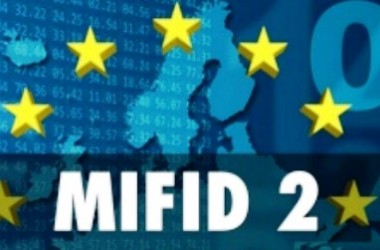
MiFID II is in the batter’s box, and BrokerDealer.com provides a good primer for investment banks and broker-dealers courtesy of Traders Magazine contributor Simon Richards of Fonetic USA.
BrokerDealer.com note: Its time to deploy a new regime of voice-recording record keeping…
The investment banking beast is changing its spots. Driven by the regulators and the threat of billion dollar fines, these traditionally ponderous organizations are awake to what they need to do in order to comply with the Dodd-Frank Act and MiFID. But it is quite clear that the establishment of new regulations is not going to be a one-off occurrence.
BrokerDealer.com provides the most comprehensive list of global brokerdealers with a database of broker-dealers in 35 countries across the world.
The recent changes to the Markets in Financial Instruments Directive — MiFID II — demonstrate that the regulations are going to change often and rapidly. Adapting to amendments to regulations is the new status quo.
The MiFID II changes are wide-ranging and will affect functions across the board from trade strategy, trade initiation, trade execution, settlement and clearing to ongoing management. Your firm’s IT and HR systems are also likely to be affected.
One significant change is that the scope of the Transaction Reporting Obligation is being extended. Investment firms will have to keep a complete record of all services, activities and transactions in a format that can be accessed by regulators. Let’s take a look.
Phone and Ecomms: Firms must record all phone and electronic communications relating to concluded and potential transactions. The records must be stored for a minimum of five years and where requested by an authority up to seven years. Under Dodd-Frank, phone recordings are required to be kept for 12 months.
Storage: All electronic records must be stored in a medium that cannot be changed or deleted and must be available to clients on demand.
Trading: All trades, including algorithmic trading records, must be stored on an approved form with accurate, time-sequenced record of orders that were placed executed or cancelled. Firms must keep all relevant data relating to orders and transactions, whether for their own account or on behalf of clients.
The MiFID II amendments illustrate that the regulations are subject to rapid change. This means the industry needs to become more strategic. In short, tactical solutions are no longer going to cut the mustard.
To read the entire primer, please visit TradersMagazine.com
Simon Richards is CEO of Fonetic USA.